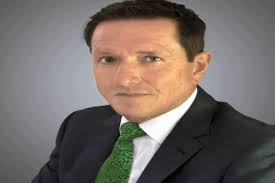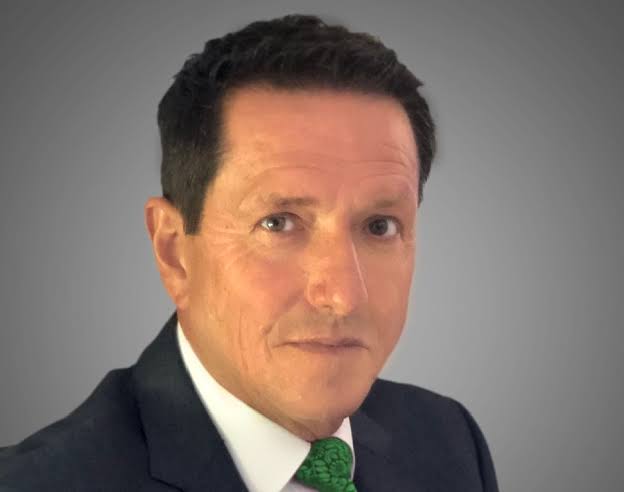MTN Nigeria in a Mobile Network-Sharing Agreement with 9Mobile
Nigeria’s market leading telecoms company MTN has entered into a network-sharing agreement with struggling rival 9Mobile and as a result both companies will request for Nigerian regulatory permission for an agreement to let customers share their networks, 9Mobile CEO Alan Sinfield was quoted as saying.

The companies have been running a pilot-free roaming scheme in Ondo State allowing customers of each company to switch to the network of the other where its own has no coverage has run smoothly, says Sinfield in Lagos. The pilot is the first of its kind. The facility has been provided at no extra charge and the companies will seek permission from the regulator for a full roaming agreement, he adds.
Read also:South African Government Fights MTN Over Court Application on 5G Spectrum Auction
Free national and international roaming provision has been gaining ground in Africa. In 2014, East African Community countries agreed to create a single network area for five national economies, with mobile roaming charges eliminated. The move led to an immediate surge in traffic: according to the World Bank, inbound roaming calls to Kenya from Rwanda increased by over 950% when the change was introduced.
Six members of the Communauté Economique et Monétaire de l’Afrique Centrale agreed last year to end roaming charges by the start of this year. And since January 2020, people travelling in the Economic Community of West African States have been able to roam without paying charges. With a roaming agreement, there is no need for additional infrastructure to cover a gap in the network. So cash can be saved and used elsewhere.
Read also:Ghanaian Fintech Startup OZÉ Raises $700k In Seed Funding Round
The Nigerian Communications Commission has said that roaming agreements can help increase capital expenditure efficiency. It hopes the saved cash can be used to provide more infrastructure in unserved parts of the country. The industry “should be doing more to collaborate” to increase access, says Sinfield. “Collaboration is the way forward for a market of this size.”
MTN is Nigeria’s largest mobile company and 9Mobile, formerly known as Etisalat, is the fourth-largest, with 13m subscribers. That’s more than the entire market in Belgium, which had 11.5 million subscribers in 2019. Sinfield is confident the company can raise its subscriber total this year.
To stop the biggest companies from dominating, Sinfield is in favour of price floors being removed in combination with strict rules on the dominance of those larger businesses in the market. Penetration can increase faster if you “let the market determine the price” with regulatory controls to prevent the emergence of dominant companies, he says.
The need for cooperation extends to fibre-optic cables, says Sinfield. Companies “should not be digging up the same hole” one after another, and 9Mobile has agreements in place with its competitors to avoid this happening, he says. More active network-sharing is needed, he adds. “We still have a long way to go.”
Read also:Egypt Based Startup CreditGO Launches Payments Solution for Small Businesses
The company plans to upgrade its network by investing in sites, servers and storage.This year’s expansion is covered by existing financing, says Sinfield. In August, 9Mobile secured a payment service bank licence from Nigeria’s central bank. 9PSB, a 9Mobile subsidiary, was launched at the end of November.
Sinfield sees “huge potential” in the 50 million to 60 million people who can open a bank account but don’t yet have one. 9PSB operates as an online retail bank that also uses agents in 9Mobile stores and other retail outlets. “We have far greater penetration than the banks do,” says Sinfield.
The unit plans to extend its reach by building a network of ATMs, which has already been started. 9PBS has plans to extend its product range. “Savings and insurance will be part of the roadmap.” 9Mobile is also looking for ways to bring more data services to the market, adds Sinfield. No one is big enough to go it alone in a market the size of Nigeria, with a population estimated at 201 million people by the World Bank in 2019.
Kelechi Deca

Kelechi Deca has over two decades of media experience, he has traveled to over 77 countries reporting on multilateral development institutions, international business, trade, travels, culture, and diplomacy. He is also a petrol head with in-depth knowledge of automobiles and the auto industry









